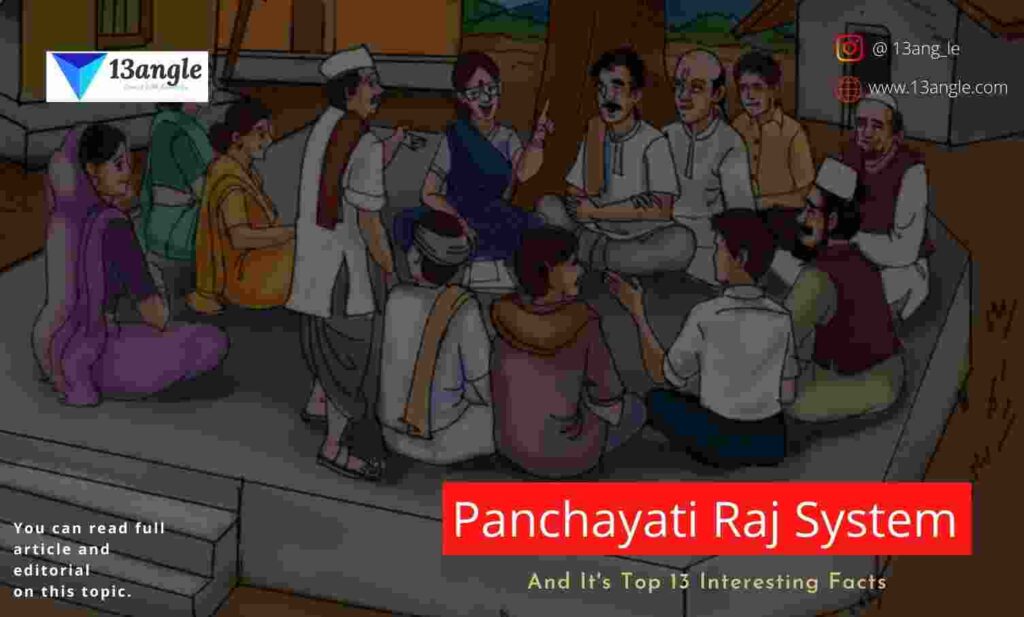In a multi-religious, cultural, and lingual country like India, democracy proves to be the best form of government that inculcates all people in political processes and decision-making by ensuring certain compulsory political rights to people. Ensuring democracy at the remote/rural level is the most important aspect of democratic government. Decentralization (transfer of power, authority, and responsibility from central authority to local administrative units) is an effective means for socio-economic and democracy at the rural level.
Panchayati Raj System increases political participation and representation of rural areas especially disadvantaged groups and women by providing them a certain ratio of seats in political bodies and processes. Decentralization has increased local people’s role in decision making influencing national politics directly or indirectly and employing national officials at the local level has increased the direct relation between governed and governing in a democracy. Decentralization has kept its promise as far as the strengthening of democracy at the national level is concerned, as well as the central government’s promise in favor of rural development. The system of Panchayati Raj is considered an instrument to ensure democracy and socio-economic transformation. Improving participation through decentralization will necessarily lead to improvements in people’s well-being in all aspects whether social, political, cultural or economic. Decentralization increases civil society organizations and local accountability in the political aspect.
Decentralization of power is a worldwide movement to liberate the people from the clutches of state and government. The government decided to promote their creation as effective units of local self-government with the aim of nurturing democratic participation by involving villagers in the development of their communities to reduce the costs of administration.






